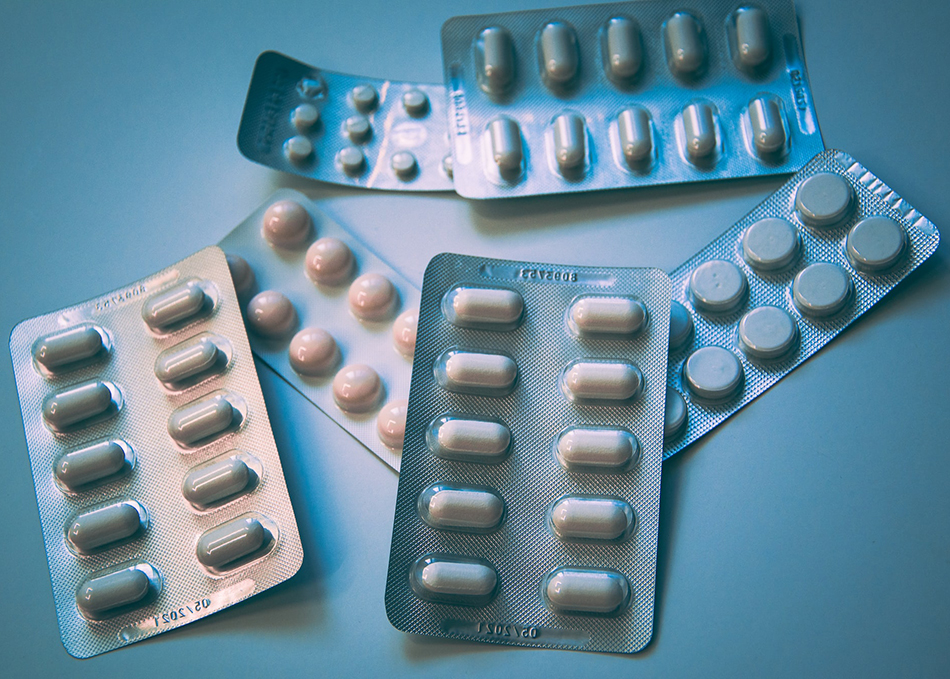Questions regarding the significant profits made by the 340B Drug Pricing Program were raised before the United States Senate Committee on Health, Education, Labor, and Pensions (HELP) hearing yesterday, leading to calls for its reform.
The 340B program permits qualifying hospitals and clinics that treat underserved communities with low income and uninsured patients to “buy outpatient prescription drugs at a discount of 25 percent to 50 percent.” Although the program is aimed at supporting community health centers that provide health care services to medically underserved communities, it is becoming more susceptible to abuse.
What officials have to say
According to HELP’s Ranking Member Bill Cassidy (R-LA), the statistics reveal significant growth in facilities that use Medicaid as a financial source. The U.S. Government Accountability Office’s (GAO) Health Care Managing Director Jessica Farb, also stated that the increasing Medicaid funding includes an uptick in 340B revenues.
Senate HELP Hearing: Expanding Community Health Centers
“340B is an incredible source of revenue that I don’t even think we know how much there is there,” said Sen. Cassidy. He also requested that GAO reviews every community health center funding. Carolina Health Centers President and CEO Sue Veer pointed out that the 340B is an essential funding mechanism but acknowledged that the system is in need of improvement.
Sen. Roger Marshall (R-KS) asked how pharmacy benefit managers (PBMs) “steal money from the 340B program.”
According to Veer, PBMs typically ask for a rebate of the average wholesale price reduced by 4% for prescription medications sold to consumers and by 32% for 340B purchases.
Reform is long overdue
Bio.News has reported that the number of 340B participants has skyrocketed, increasing the value of pharmaceuticals subsidized under the program from $4 billion in 2009 to $43.9 billion in 2021.
“A number of drug manufacturers have limited their involvement in the 340B program and are fighting the battle in court.” Bio.News detailed how manufacturers, including Eli Lilly, GlaxoSmithKline, and Johnson & Johnson, have “all limited distribution to some degree to contract pharmacies in the program.”
The Biotechnology Innovation Organization (BIO) called the inflation “contrary to the spirit and original intent of the federal 340B law.” The program was created to aid low-income patients in underserved locations by giving them discounts on prescription medicines, but it is increasingly subject to abuse. For this reason, BIO has been calling for reforms to the 340B program.




